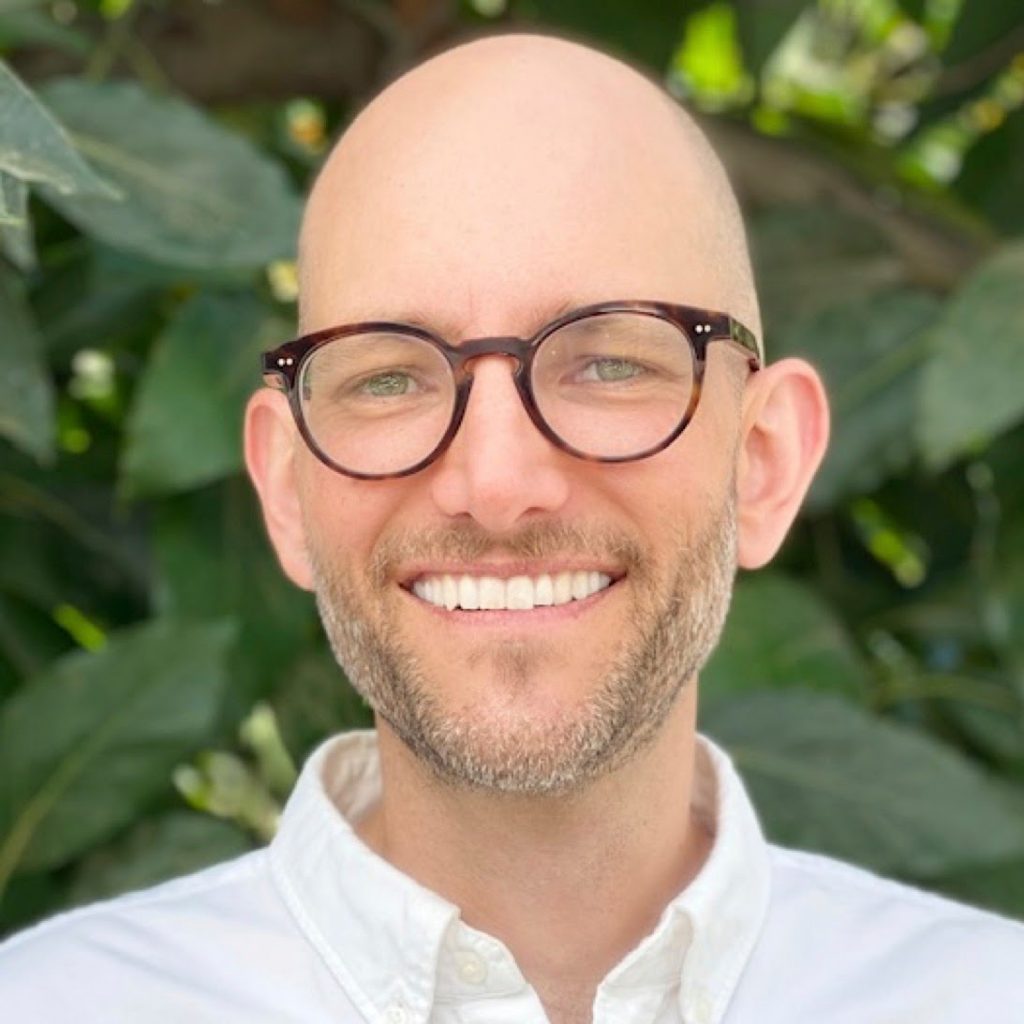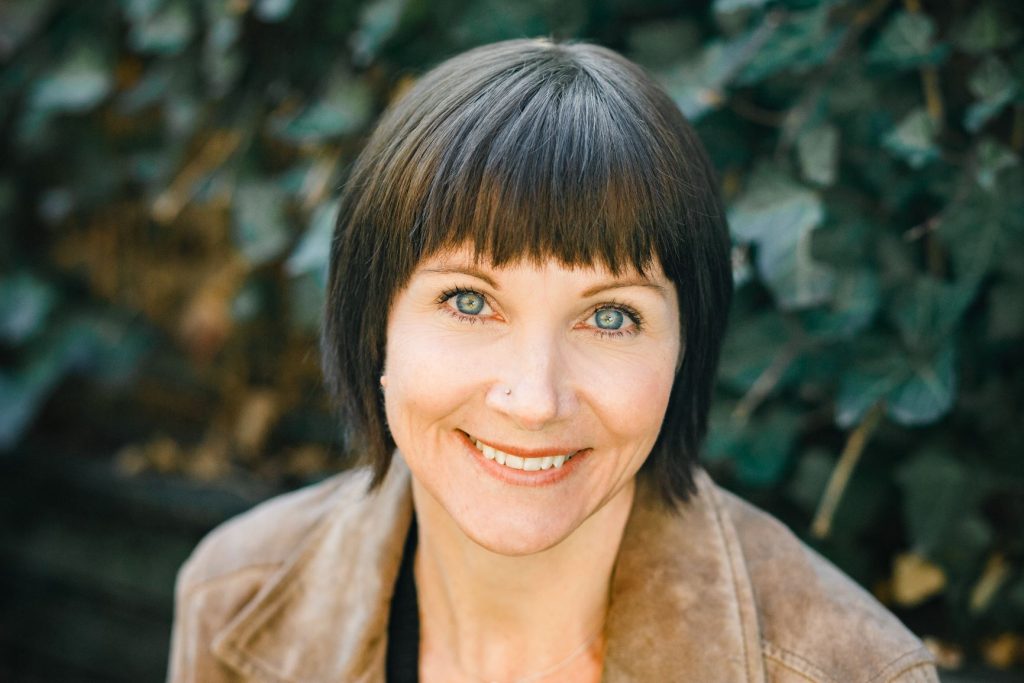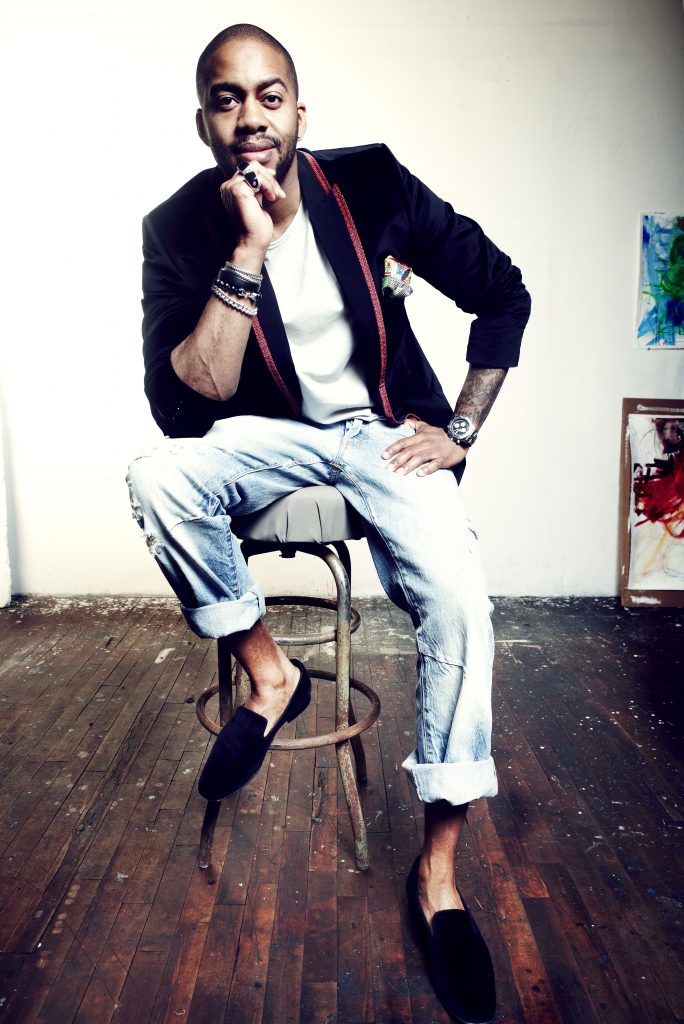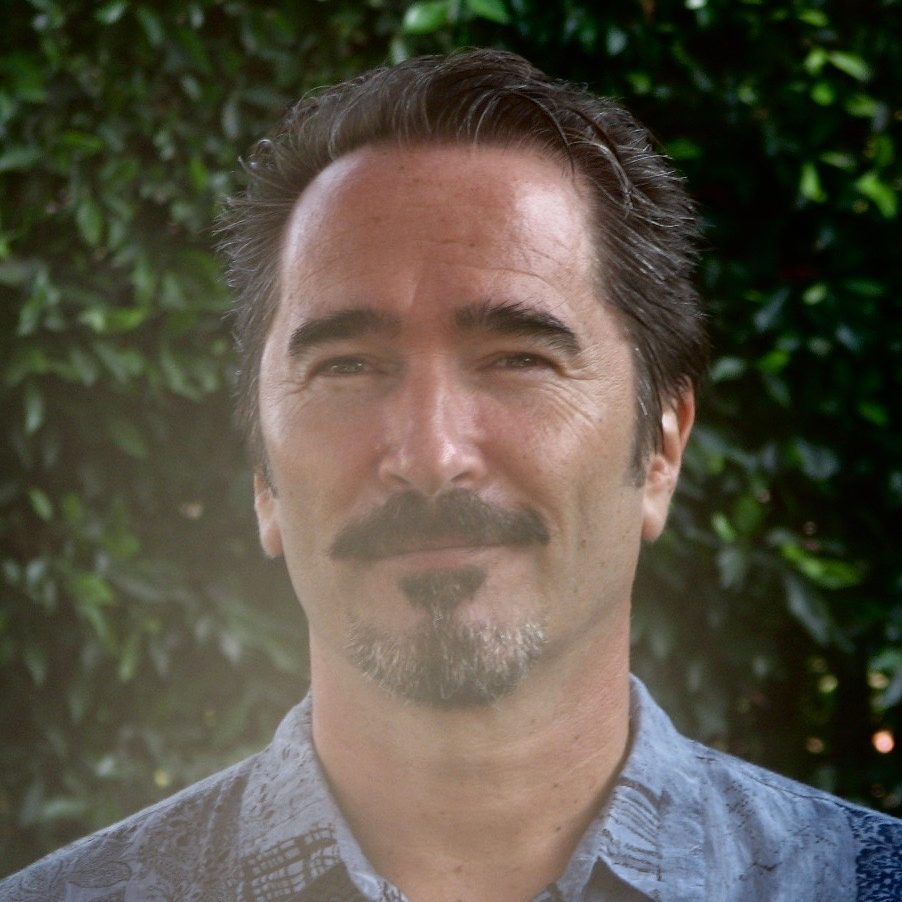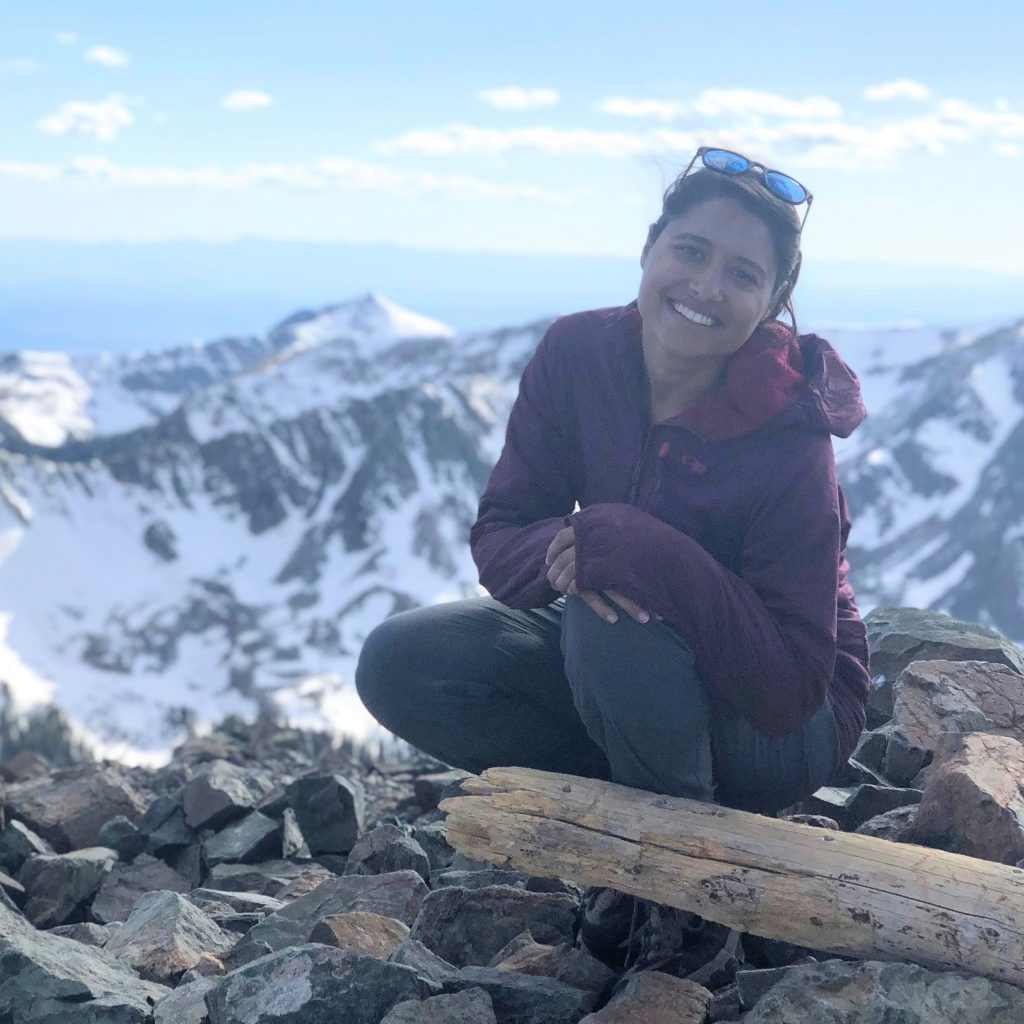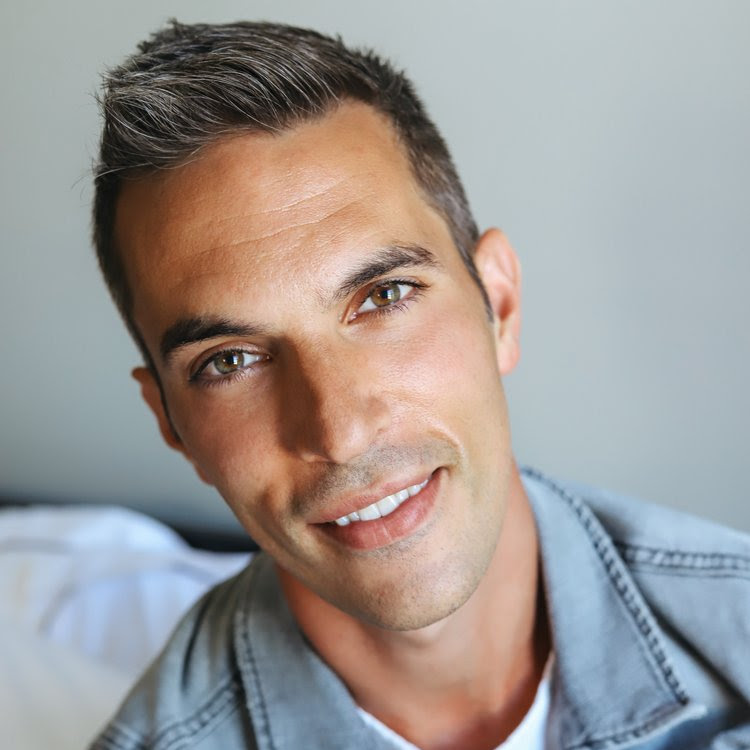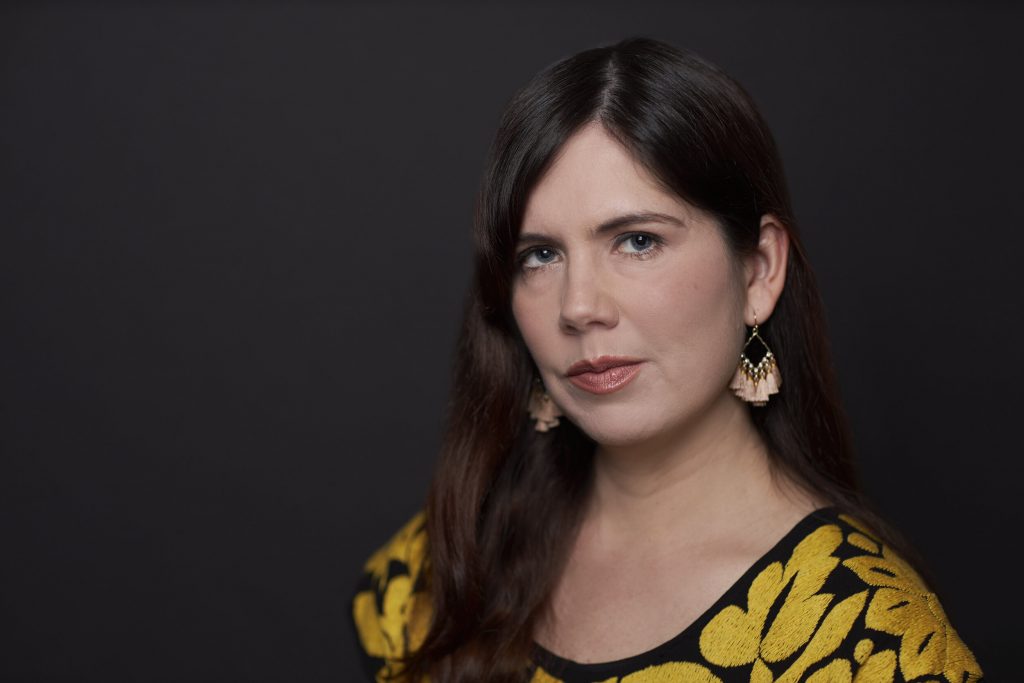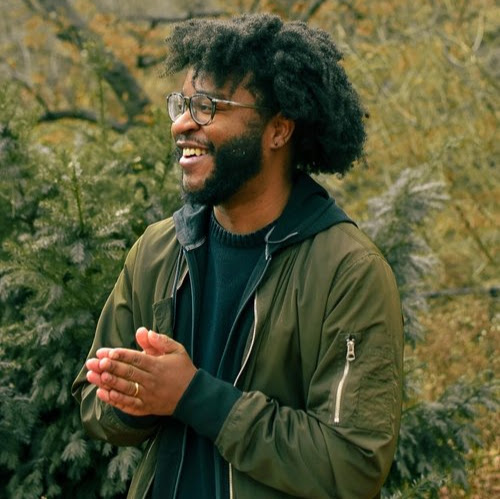
The best way to get your style as an artist is when you’re on a deadline that’s very short and you don’t have time to overthink and get all of your influence in it. You just fully present yourself.”
Akeem S. Roberts, Ep. 369
Akeem S. Roberts (@akeemteam) is a brilliant cartoonist and wouldn’t you know that he and I are now cosmically connected:
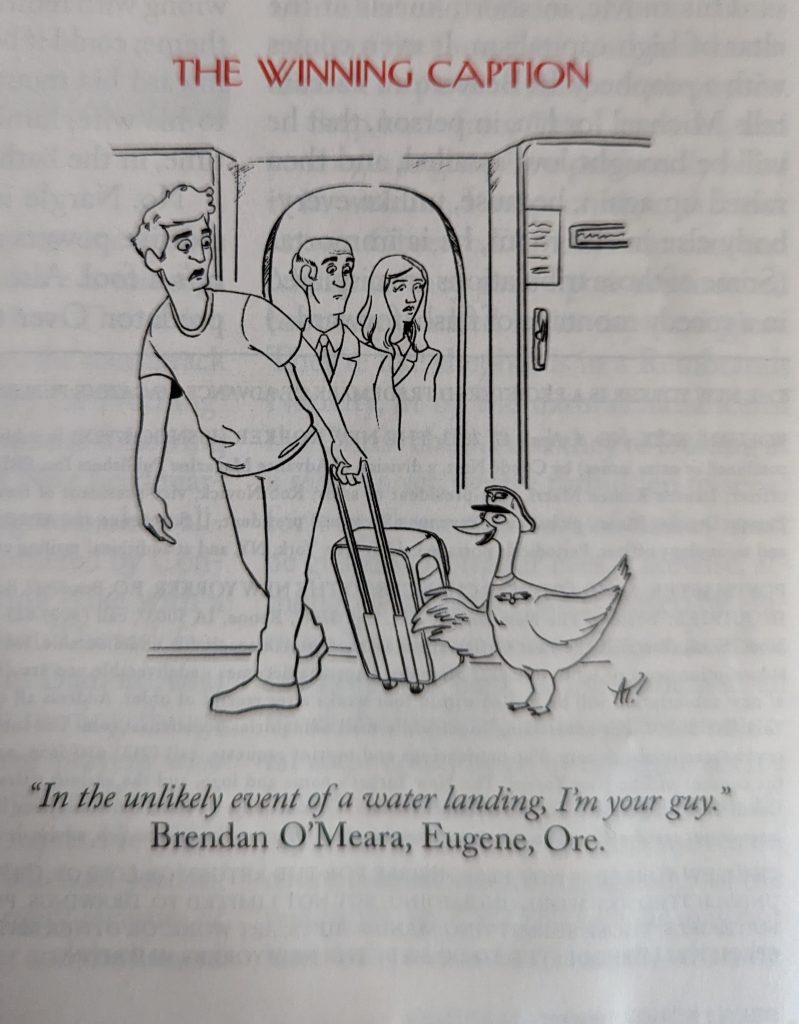
Oh, by the way did I tell you I won The New Yorker caption contest?
Continue reading “Episode 369: Akeem S. Roberts”
